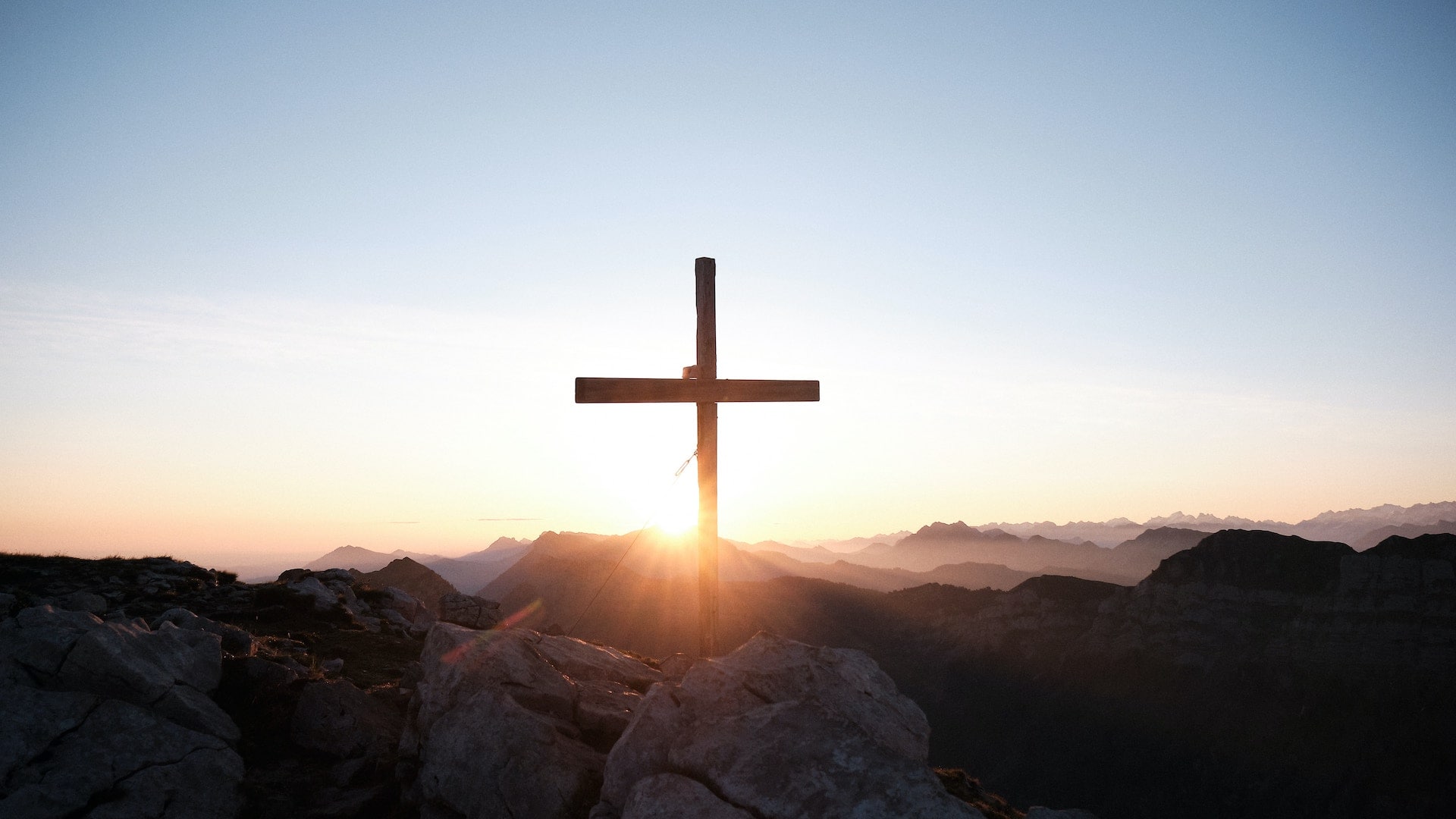The final night that Jesus spends with his beloved disciples is a night of much prayer. Before he prays privately in the garden he prays publicly in the upper room. Before he prays for himself and his own endurance, he prays for them and theirs. “I do not ask that you take them out of the world,” he prays to his Father, “but that you keep them from the evil one.” What he does not pray is as noteworthy as what he actually does.
He does not lift up his voice to the Father to say, “I pray you take them away, I pray you take them home, I pray you take them to be where you are and where I soon shall be.” Not now. Not yet. For they still have work to do, orders to obey, a commission to fulfill. “I do not ask that you take them out of the world.” But there is more to his prayer. “I do pray that you keep them from the evil one.” He does not petition the Father to say, “I pray you keep them from suffering” or “I pray you keep them from persecution.” He does not ask God, “I pray you keep them from grief” or “I pray you keep them from loss.” He does not intercede to say, “I pray you keep them from flood and fire, from prison cell and hospital bed.” He prays instead that as they remain in this world, they will be kept from falling under the power and influence of the evil one. For as his path to glory must pass through suffering, so must theirs.
And indeed, they do suffer. As the historical record is passed from the gospels to Acts and the epistles, we become witnesses of their many trials. They are beaten and tormented, mocked and persecuted, reviled and exiled. And though history becomes hazier after the closing of the canon, tradition suggests that John alone dies a natural death. None are kept from suffering, but all are kept from falling. None are preserved from Satan’s scourging, but all are delivered from Satan’s authority. God hears the prayer of his Son, and he answers it.
And what Jesus prays for them, he prays for us as well. “I do not ask for these only,” he says, “but also for those who will believe in me through their word…” We, too, are kept in this world, though sometimes we long to depart. Moses grew weary of the complaints of the people and pleaded with God to “kill me at once.” Elijah sat under a broom tree and asked that he might die, saying, “It is enough; now, O LORD, take away my life.” The sun beat down on despairing Jonah’s head and he asked that he might die and said, “It is better for me to die than to live.” Many of God’s people desire to prematurely depart the body so they can be present with the Lord. But as God denied the requests of Moses, Elijah, and Jonah, he denies the requests of others until their tasks on earth have been brought to completion.
And so we, too, remain here, until God decrees our work is done. Sometimes that work involves great difficulty. But we should expect no less, for Jesus does not ask that we will be kept from all trials, all suffering, all sorrows. He prays simply that as we remain here, we will be held firm in the grip of God to carry out his will. For like the disciples, we have work to do. Like the disciples, we have a commission to carry out, we have duties to fulfill, a God to represent. Like the disciples, we must be kept in this world so we can be light to this world.
We can have no confidence that we will be kept from sorrows, but every confidence that we will be kept from Satan. We can have no confidence we will be preserved from falling into times of persecution, but every confidence we will be kept from falling into the evil hands of the one who, for now, is the prince of this world. For the prince of this world can go not an inch farther than has been decreed by the one who holds it in his powerful hand, the one who has heard the prayer of his precious Son, the one who will answer it. As the songwriter says with such eloquence,
I fear no foe with thee at hand to bless,
Ills have no weight, and tears no bitterness.
Where is death’s sting? Where, grave, thy victory?
I triumph still, if thou abide with me.










